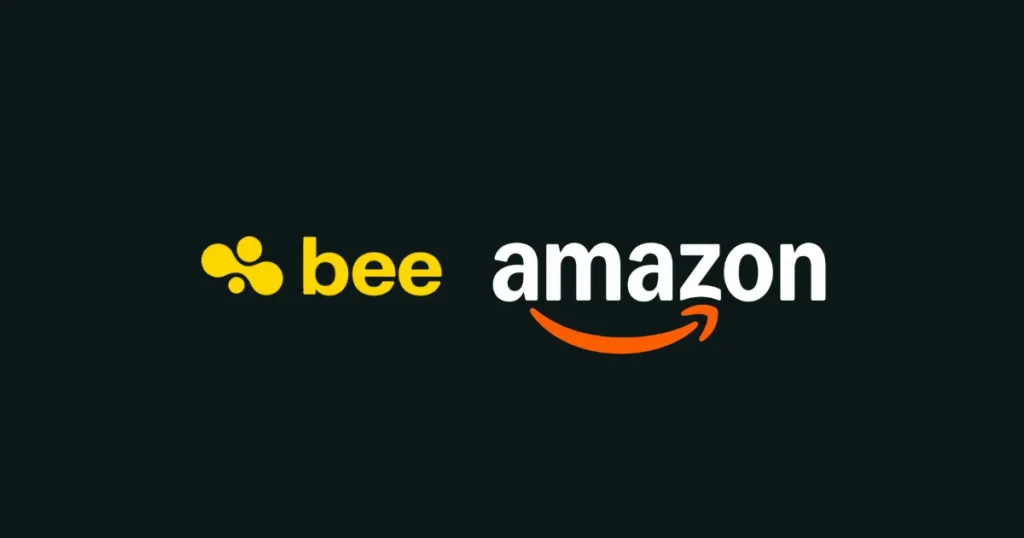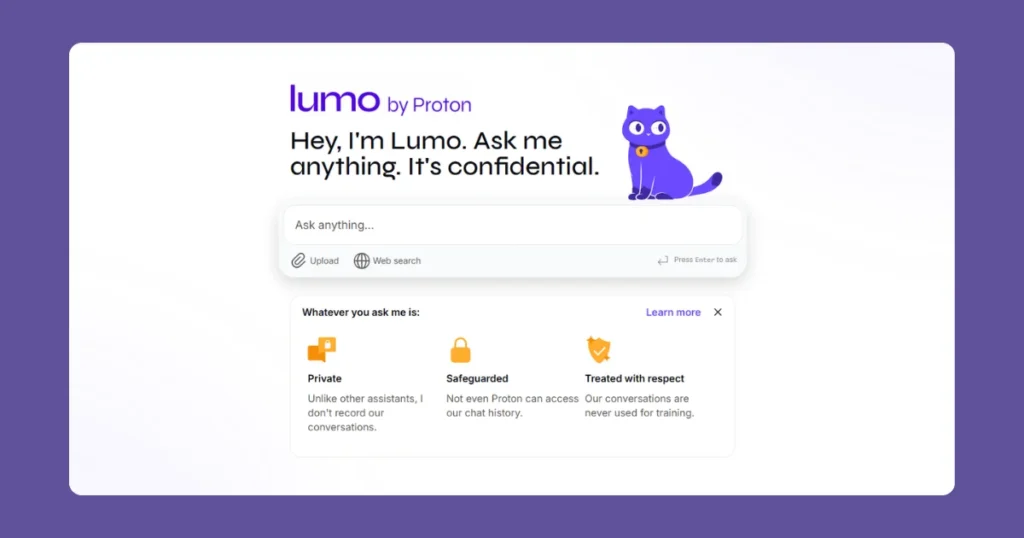Amazon acquires Bee, AI Wearable Startup based in San Francisco. Bee has developed a $49.99 AI-powered wearable and an Apple Watch app that records and analyzes users’ conversations and daily activities. Bee’s CEO, Maria de Lourdes Zollo, shared the news about the deal in a LinkedIn post. However, it hasn’t been finalized yet, and the financial details have not been made public. Amazon has offered jobs to all Bee team members, showing its clear move toward AI-powered wearables as part of its bigger plan to expand its artificial intelligence ecosystem.
What is Bee’s AI?
Bee’s main product, the Bee Pioneer, costs $49.99 and comes with a $19.99 monthly subscription. It uses advanced AI to quietly record conversations and daily activities in the background, unless the user presses a physical button to mute it. The platform provides daily summaries, suggests tasks, and helps recall past conversations, basically working like a “second brain” for the user. Bee’s website highlights how the device can support personal growth like keeping track of parenting moments or monitoring career development over time. For example, it can point out positive conversations or give tips on how to communicate better in the future. However, its constant recording feature has raised serious privacy concerns, as many see it as too intrusive in everyday life.
Amazon’s Push to Supercharge Alexa
The goal of the acquisition is to boost Amazon’s Alexa+ generative AI assistant by using Bee’s real-time data collection to deliver smarter and more context-aware responses. Unlike assistants that rely on a wake word, Bee’s technology could help Alexa predict user needs, for example, suggesting a follow-up task based on something you mentioned in a morning conversation. Amazon’s track record with wearables has been mixed: while Echo Frames are still around, the Halo health tracker was discontinued in 2023 after it failed to catch on with users. Bee’s AI wearable could help Amazon get back into the wearable game, competing directly with Google’s Pixel Watch and Apple’s Siri-powered Watch. It’s entering a $8.26 billion market that’s expected to keep growing through 2030.
Opportunities and Challenges Ahead
By acquiring Bee, Amazon gains a competitive advantage over Meta’s Ray-Ban Smart Glasses and OpenAI’s upcoming hardware projects, strengthening its position in the AI-powered wearable space. Its passive data collection allows for a uniquely personalized experience that voice-activated systems from competitors simply can’t offer. However, growing privacy concerns and stricter regulations, like the EU’s AI Act and various U.S. state privacy laws, pose potential risks for Amazon’s plans. Amazon will need to carefully navigate these challenges while building a trustworthy user experience to gain widespread acceptance in the market.
Conclusion
Amazon’s decision to acquire Bee marks a bold investment in the future of AI-powered wearables. If Amazon handles privacy concerns openly and integrates Bee’s technology smoothly, Alexa could set a new standard for personal AI assistance. With prototypes potentially launching by late 2026, the tech world is closely watching Amazon’s next moves in the fast-evolving AI hardware race. This acquisition has the potential to shape the future of wearable tech, bringing innovation forward while also tackling the critical challenge of earning and maintaining consumer trust in an age of increasing data sensitivity.


